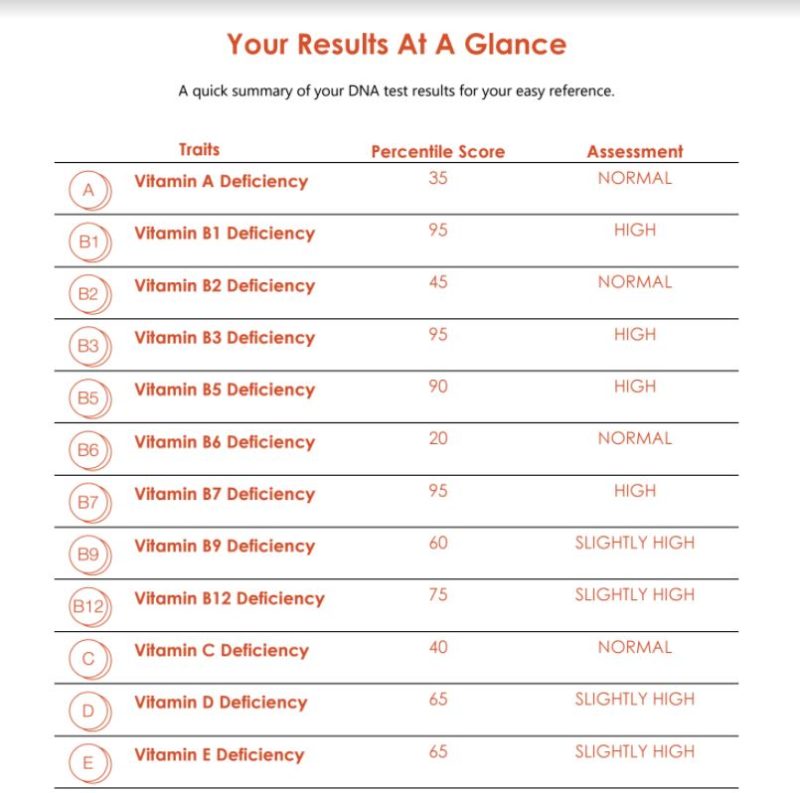As you are reading this, hundreds of different metabolic processes are taking place in your body. They generate energy, maintain good cognitive functions, ensure appropriate immune functioning, making new DNAs, and many more to ensure healthy aging. These biochemical pathways are run by specialized protein called enzymes that convert the macro-nutrients (i.e. Fats, Carbohydrates, Proteins) that we ingest into active biochemical structures for our cells to carry out necessary functions.
However, these enzymes require micro-nutrient to properly carry out a biochemical reaction to support healthy function and healthy aging. Without micro-nutrients, enzymes can’t function optimally; hence, sub-optimal/accelerated aging may be the case. Examples of micro-nutrients are vitamins, minerals, amino acids and other essential nutrients that we get from our food.
Nutrigenomics and Nutrigenetics
With the advancement in the field genetics with food science and nutrition, we know that food is more than just calorie. Food is medicine, food is information! Food provides nutrition to ensure optimal biochemical processes and this sends crucial informational signals to the genes. This is how nutrients can help “turn-on” or “turn-off” a gene. With this understanding about food comes the science of nutrigenomics and nutrigenetics.
These two emerging fields allow us to better understand how certain food can be beneficial and important to the activation of certain genes. Also, we know how certain genes may react in the presence or absence of certain nutrients. Therefore, the general advice about eating more whole food and consume less processed food is sometimes inadequate. Personalized nutrition is the “diet” that each unique individual should have to maximize their health potential.
What can nutrigenomics testing tell you?
Macro-nutrients like fats, carbs, and proteins are the food that our body needs in greatest quantities. General rules on the macro-nutrients ratio (e.g. 30-40-30, 20-45-35, etc.) certainly don’t apply to everyone. The reason this one-size-fits-all approach may not be effective is that we all have unique metabolism. For example, carbohydrate metabolism varied between in
To be more precise, macro-nutrients metabolism is highly dependent on the micro-nutrient (i.e. vitamins and minerals) availability in the body, as discussed. Deficiency in these micro-nutrients due to poor nutrition or genes variations can thereby affect our health. These are just some of the information that a DNA testing is able to enlighten us about our unique bio-individuality.
How unique are you?
By now, you should understand that healthy aging is heavily dependent on the metabolism that takes place within. How efficient is the body to turn the macro-nutrients to energy, and promote optimal aging processes in the body? Not only that we need to know the importance of micro-nutrients, but we need to know it precisely what works best for our own special needs. Genetic variations among individuals make us unique, and impact our physiology significantly. What is your unique gene variations, and how can these genetic potentials influence you to live a healthy life? – Something worth exploring for a vibrant health.
Tags HealthyAging

